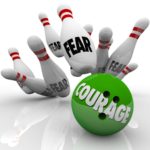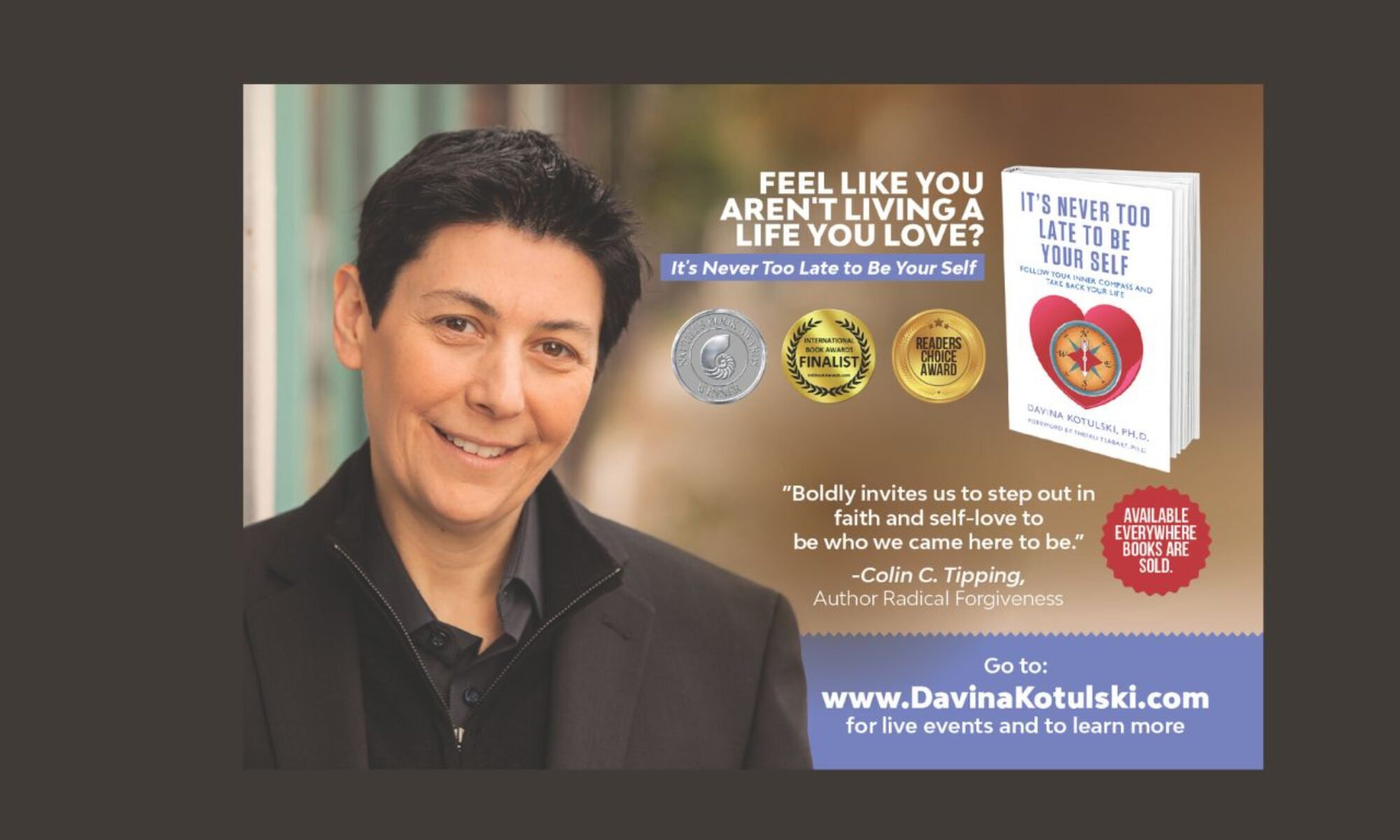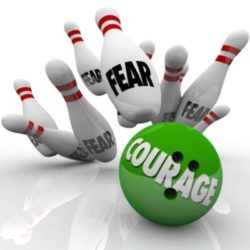Did you know that being afraid to FAIL is the # 1 obstacle that keeps people from following their hearts?
We are afraid of social rejection, not having enough money, looking stupid, getting hurt, not being physically safe, and we are especially afraid of failing!
Even if you fail—you’re failing forward!
Failing forward means that even if you’re not getting the outcome you desire, you are still moving towards your dreams. You are still learning and investing in your growth and mastery.
No one wants to fail. However, if you never try, you’ll never know. Harvey Milk, the first openly gay politician to run for office, ran for San Francisco city supervisor three times before finally winning. Each time he ran, his number of supporters grew. Each time, he empowered other LGBT people to come out of the closet. He failed forward.
The same was true with the marriage equality movement. There were multiple losses, but with every loss, as people continued to share their personal stories, the movement gained more and more supporters for marriage equality. Finally, the poll numbers showed that the majority of Americans supported equal marriage rights for same-sex couples.
This is what failing forward looked like for my client, Andy. Andy was afraid of putting himself back out in the dating world. His failing forward took the form of asking women out on dates and learning how to create meaningful connection. His first attempts were met with rejection. Eventually, he became comfortable asking women out and facing his fear of rejection. He built his confidence and met a woman who became his girlfriend.
Good Fear
We all have automatic physical reactions to threats to our well-being. In moments of perceived danger, the fight, flight, or freeze aspect of our nervous system is activated. For example, when we see a snake on a hiking trail our hearts beat rapidly, our bodies fill with adrenaline and we become hyper-alert. We take action to make sure we are not bitten. This is good fear.
Good fear can keep us safe and alive, helping us identify threats in our environments. Good fear can get us to run from an attacker, get out of the way of a speeding car, or protect ourselves from an attacker.
Bad Fear
Unfortunately, human societies are filled with amorphous threats, and some of our reactions to them are counterproductive. For example, fear can get us to engage in behaviors that are unhealthy and selfish. Overeating or using substances to numb our feelings is one way our response to fear can harm us. Fear can get us to push people away or to hoard money or belongings because we are afraid we won’t have enough.
Bad fear can create a sense of competition and greediness and we can become restrictive emotionally and financially not engaging openly with the people around us.
Fear can be used to manipulate us.
Many of our fears are not our own. They are conditioned in us by social, religious, and corporate agendas. You may already be aware that mainstream society is focused on keeping you obsessed with safety and security. For example, car commercials, insurance commercials, cold and flu commercials, all designed to get you to buy products by creating a sense of fear in you. This can be true with the news and political agendas as well.
Fear can create pain in the absence of any real source of pain.
Fear can cause us to project danger on to something that cannot harm us. This is where the acronym False Evidence Appearing Real is apropos. We see a snake. Our hearts race. We sweat. We look for our escape. But what if we discover that the snake is just a twisted stick? We just expended all that energy for an illusion.
Fear can keep us from taking action.
Fear can have a paralyzing effect on us keeping us from pursuing our dreams, making changes in our lives, even leaving a bad situation because we fear the unknown or that we could find ourselves in an even worse situation. Fear can keep us from taking advantage of opportunities for growth and change. Fear can keep us focused on mere survival when we have the ability to thrive and expand.
Where is fear stopping you from taking action?
What causes you fear in your life?
What are your responses to fear?
Is fear triggering you to engage in unhealthy ways of reacting or coping?
In what ways do you feel manipulated to feel fear?
Are you aware of any fear projections you have?
Take some time to put fear into perspective and take your life back.


The article is good.